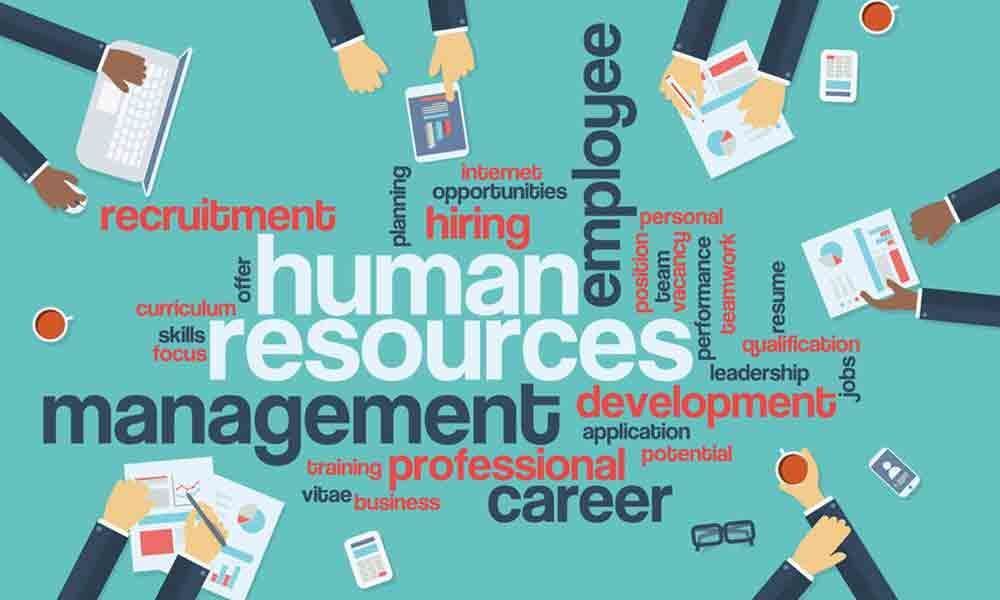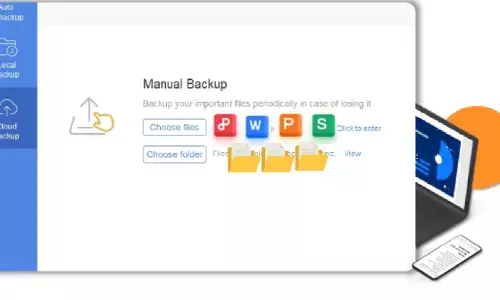How to get a job after MBA? Core competencies and skills for MBA graduates

While this seems to be the major question an MBA graduate might encounter in his/her life, there is a key to this dilemma! your first resume will be more general, you will begin to tailor it as you become more focused.
While this seems to be the major question an MBA graduate might encounter in his/her life, there is a key to this dilemma! your first resume will be more general, you will begin to tailor it as you become more focused. Think like a recruiter! Remember, recruiters are looking for specific competencies related to a specific position. Your results-based resume should reflect these competencies.
The competencies are core areas as they are essence of the management's mission and vision to promote the intricacies of personnel administration, to develop a program that is nationally recognized for the value of its academic preparation, to promote academic excellence through the education and preparation of administrative professionals, and to become a reliable source of motivated, committed, and highly-trained executive leaders for service to the industry in particular and society in general
Graduate recruiters look for specific job skills and competencies. These are what they have judged you need to do the job and work in their organisation. They might seem straightforward in job descriptions: communication, teamwork and problem solving are just a few. However this is the most common area of confusion for students and graduates when writing a CV or job application or attending an interview. It's when you might find yourself asking: 'what does commercial awareness really mean?' and 'how can I show my time management skills on a CV?' This section will help you understand the different competencies graduate employers expect, provide tips on how to develop them, and give examples of how they are assessed and how to demonstrate your abilities.
Many students think an undergraduate degree in a business-related field is essential for management training schemes. Usually, it's not. Kate Hurles, who is head of landlord investments at estate agency group Spicerhaart Residential Lettings and was head of its graduate development team for nine years, tells us that having the right skills and attitude is often more attractive to employers than qualifications.
Core Competencies
Core competencies are the collective learning in the organisation, especially how to coordinate diverse production skills and integrate multiple streams of technologies.
This is how the management theory of "core competencies" was unveiled to the world by C. K. Prahalad and Gary Hamel, both influential business-thinkers, in an article in the Harvard Business Review in 1991, titled "The Core Competencies of the Corporation." "Core competencies" stand for what a corporation does best, its expertise in its field of business, and the uniqueness of its products in the eyes of its customers.
Core competencies reflect the fundamental knowledge and technical skills that make a corporation and its products "special." The core competencies of a corporation help it distinguish itself from its rivals and seize a competitive advantage in the marketplace.
How to get the skills you need to be a good manager
It's unlikely that you'll pick up the skills you need to get a management job purely from your university studies, so you'll have to look to the rest of your life for opportunities. Part-time jobs, internships, student societies, acting as a course rep, volunteering, sports or planning gap year travels can all build the skills required for management. In fact, just juggling any of these activities alongside your degree will be evidence of your organisation and time management abilities.The following is a list of general MBA and functional-specific competencies to help you get started.
Domain 1 - Critical thinking and analysis
Critical thinking: The ability to understand a situation, issue, or problem by breaking it into smaller pieces or tracing its implications in a step-by-step way.
Innovative Thinking: The ability to apply complex concepts, develop creative solutions, or adapt previous solutions in new ways.
Information Seeking: An underlying curiosity and desire to know more about things, people, or issues, including the lifelong desire for knowledge and staying current with health, organizational, industry, and professional trends and developments.
Domain 2-Business and management knowledge
Financial Skills: The ability to understand and explain financial and accounting information, prepare and manage budgets, and make sound long-term investment decisions.
Strategic Orientation: The ability to consider the business, demographic, ethno-cultural, political, and regulatory implications of decisions and develop strategies that continually improve the long-term success and viability of the organization.
Information technology management: The ability to see the potential in and understand the use of administrative and clinical technology and decision-support tools in process and performance improvement.
Organisational awareness: The ability to understand and learn the formal and informal decision-making structures and power relationships in an organisation or industry (e.g., stakeholders, suppliers).
Performance Measurement: The ability to understand and use statistical and financial methods and metrics to set goals and measure clinical as well as organizational performance.
Organisational Design and Governance: The ability to analyse and design or improve an organisational process, including incorporating the principles of quality management and customer satisfaction.
Domain 3- Political and community development
Community Orientation: The ability to align one's own and the organization's priorities with the needs and values of the community, including its cultural and ethnocentric values and to move health forward in line with population-based wellness needs.
Professionalism: The demonstration of ethics, sound professional practices, social accountability, and community stewardship.
Relationship Building: The ability to establish, build, and sustain professional contacts for the purpose of building networks of people with similar goals and that support similar interests.
Domain 4 - Communication
Communication Skills: The ability to facilitate a group; speak and write in a clear, logical, and grammatical manner in formal and informal situations to prepare cogent business presentations.
Interpersonal Communication: The ability to understand other people including hearing and understanding the unspoken or partly expressed thoughts, feelings, and concerns of others as well as the ability to communicate one's position to others.
Domain 5 - Professional development and leadership
Personal Leadership: Demonstrates strong leadership characteristics including speaking, acting and living as an ethical leader.
Change Leadership: The ability to energize stakeholders and sustain their commitment to changes in approaches, processes, and strategies.
Collaboration: The ability to work cooperatively with others, to be a part of a team, to work together, as opposed to working separately or competitively.
Self-Confidence: A belief in one's own capability to accomplish a task and select an effective approach to a task or problem. This includes confidence in one's ability as expressed in increasingly challenging circumstances and confidence in one's decisions or opinions.
Self-Development: The ability to have an accurate view of one's own strengths and development needs, including the impact that one has on others. A willingness to address needs through reflective, self-directed learning, and by trying new approaches.
Accountability: The ability to hold people accountable to standards of performance or ensure compliance using the power of one's position or force of personality appropriately and effectively, with the long-term good of the organization in mind.
Thisis a list of the core competencies that each student can develop by completing a major. Select the major that best describes your current internship. Write about how you are/are not enhancing your skills as they relate to the core competencies of this major. This may be a tricky one, since your work may be broader than the major; just trust your judgment.
The above points have brought forward the most essential and crucial skills required by the MBA students who are the building blocks of the generation in coming years. The competencies have to be imbibed, practiced and cherished by the individuals for over a period of time. The MBAs have to be proactive, diligent, and cautious in using their competencies and knowledge in improving the performance of organization in need of times. I wish all those who are in pursuit of developing their professional skills and capabilities this article would provide them with accurate, timely information in their endeavours. Good luck!!















